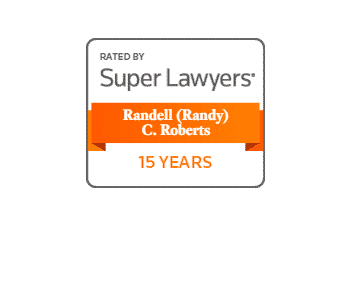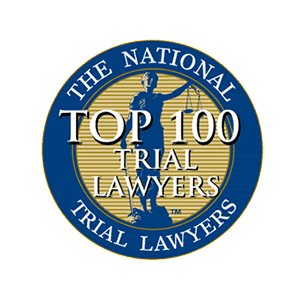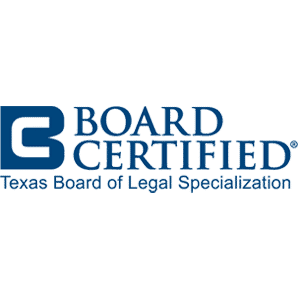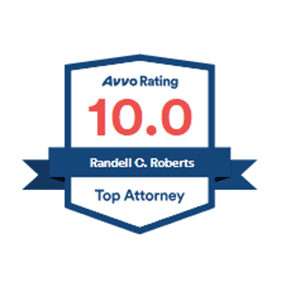Avastin

Avastin is approved in the United States to treat various types of cancer, including lung cancer, colorectal cancer, kidney cancer, ovarian cancer and glioblastoma. While the drug was previously approved to treat breast cancer as well, the Food and Drug Administration (FDA) revoked approval of Avastin as a breast cancer treatment in November 2011 due to serious side effects and insufficient evidence that the drug extended life or improved the quality of life.
However, the serious side effects associated with Avastin are not limited to breast cancer patients alone. Avastin poses risks for other cancer patients, and it is important that anyone taking Avastin is aware of the risks. When a drug manufacturer does not adequately warn patients and medical providers about the potential side effects of a drug, it could be held responsible in a dangerous drug lawsuit.
At Roberts & Roberts, we can help you to take legal action if you or a loved one has been hurt by Avastin dangers or unexpected side effects.
Avastin Dangers

Problems began shortly after Avastin was released. In 2006, for example, Genentech, Inc. announced that an international phase III clinical trial of the drug to treat early-stage colon cancer had to be “temporarily suspended.” Genentech indicated that the clinical trial was suspended for the Data Safety Monitoring Board (DSMB) to conduct a 60-day review of the safety data.
The stated reason for this suspension was that “adverse events” were observed at a higher rate among patients taking Avastin and Xelox compared with patients taking other drugs, such as Folfox alone or Folfox and Avastin. What had occurred to “temporarily suspend” this clinical trial was the death of several patients who were receiving the two cancer treatment drugs together.
The death of these patients in the clinical trial was just the beginning of serious problems that began to come to light over the next several years. For example:
- By 2010, more than 36 patients had reported adverse reactions when using Avastin to treat eye conditions. Most of the complications included severe eye inflammation.
- In 2011, researchers published an article in the Journal of Clinical Oncology warning that breast cancer patients taking Avastin had an increased risk of heart failure.
- An article published in May 2009 in Lancet Oncology indicated that Avastin could significantly increase the risk of potentially-fatal gastrointestinal (GI) perforations. Mortality rates were also higher when perforation occurred related to Avastin than in patients with GI perforation who were on a different medication.
- A 2008 report published in the Journal of the American Medical Association found that 12 percent of patients taking Avastin developed blood clots in their veins. This was 30-percent more blood clots than developed in cancer patients not prescribed Avastin.
Based on adverse patient reports and clinical studies, it soon became evident that unexpected side effects of Avastin could include:
- Nervous system disturbances.
- Changes in vision.
- Kidney problems.
- Reduced white blood cell count.
- Serious and uncontrolled bleeding.
- Very high blood pressure.
- Healing difficulties.
- Cardiac issues, including chest pain, blood clots, stroke and heart attack.
- GI perforation, or perforation of the stomach or intestines.
Avastin is still on the market and is used to treat patients for different types of cancers. However, the FDA now requires “black box” warnings about the risks of hemorrhage, GI perforation and complications in healing from wounds or surgical procedures. These black box warnings allow patients to make an informed choice, which they were denied when the risks of Avastin had not been fully disclosed.
For one type of cancer, the FDA went beyond just instituting tighter rules for Avastin’s warning labels. In 2010, the FDA Advisory Committee voted 21 to 1 to revoke Avastin’s approval for breast cancer treatment, which had been granted in February 2008.
While the vote was non-binding, it was made clear that Avastin was not effective in fighting tumors or helping breast cancer patients to live longer, and the FDA subsequently revoked Avastin’s indication for treating breast cancer in November 2011. Unfortunately, although ineffective and dangerous, some doctors continue to prescribe Avastin to some breast cancer patients “off-label.”
Have you Suffered Avastin Side Effects? Talk to Our Dangerous Drug Lawyers.
If you took Avastin and experienced unexpected side effects or complications, you may have a dangerous drug claim against the manufacturer.
Companies that produce and sell drugs have an obligation to ensure that their medications are reasonably safe for patients and that patients and doctors are fully informed about all potential side effects. If a drug causes unexpected injury or illness, companies that manufacture the drug may be held legally liable and made to pay damages for medical bills and costs, lost income, pain and suffering, emotional distress, wrongful death damages and other losses.
An experienced drug injury lawyer can help you to take legal action to prove that a drug company was responsible for creating a dangerous product that hurt you or your loved one.
The dangerous drug attorneys at Roberts & Roberts are currently investigating claims related to Avastin. To schedule a confidential free evaluation of your case, call us today at 903-597-6000 or contact us online. The call costs you nothing … It could mean everything.
Sources:
- Genentech, Inc. – Recruitment Temporarily Suspended in an International Phase III Trial (AVANT) in Early-Stage Colon Cancer
- FDA – FDA Commissioner announces Avastin decision
- FDA – FDA Commissioner Removes Breast Cancer Indication from Avastin Label
- FDA – Avastin label
- National Cancer Institute – Angiogenesis Inhibitors
- USA Today – FDA ‘black box’ warning advised for cancer drug Avastin







